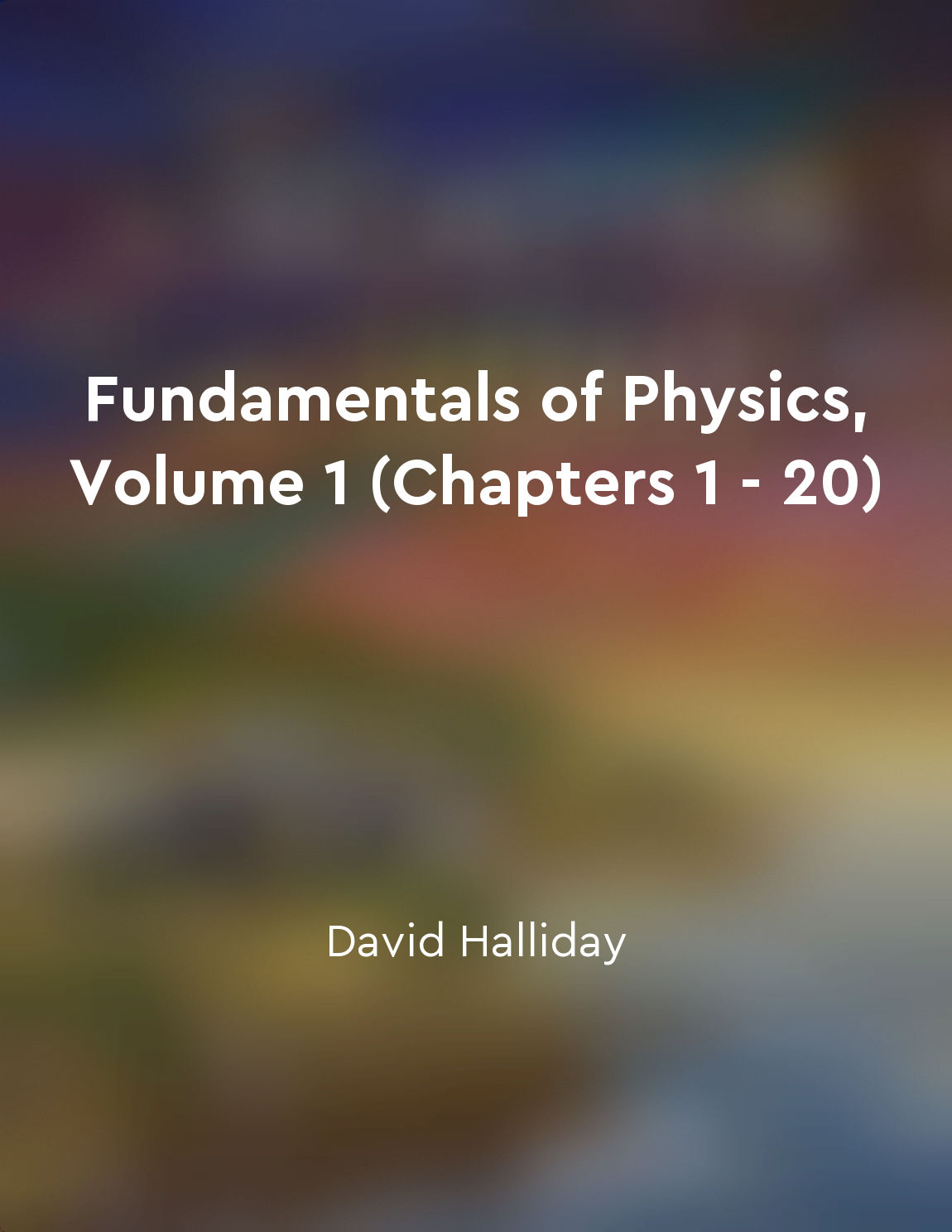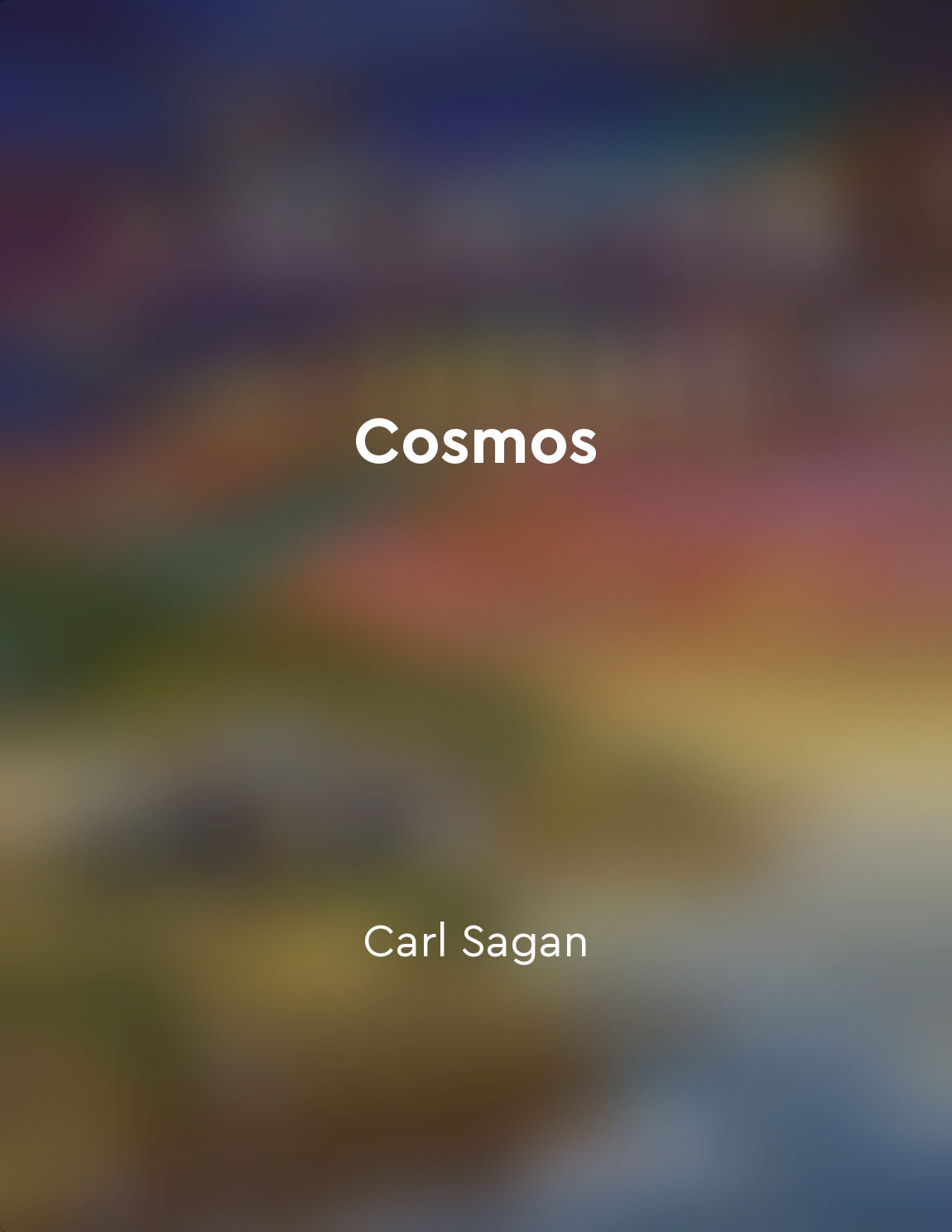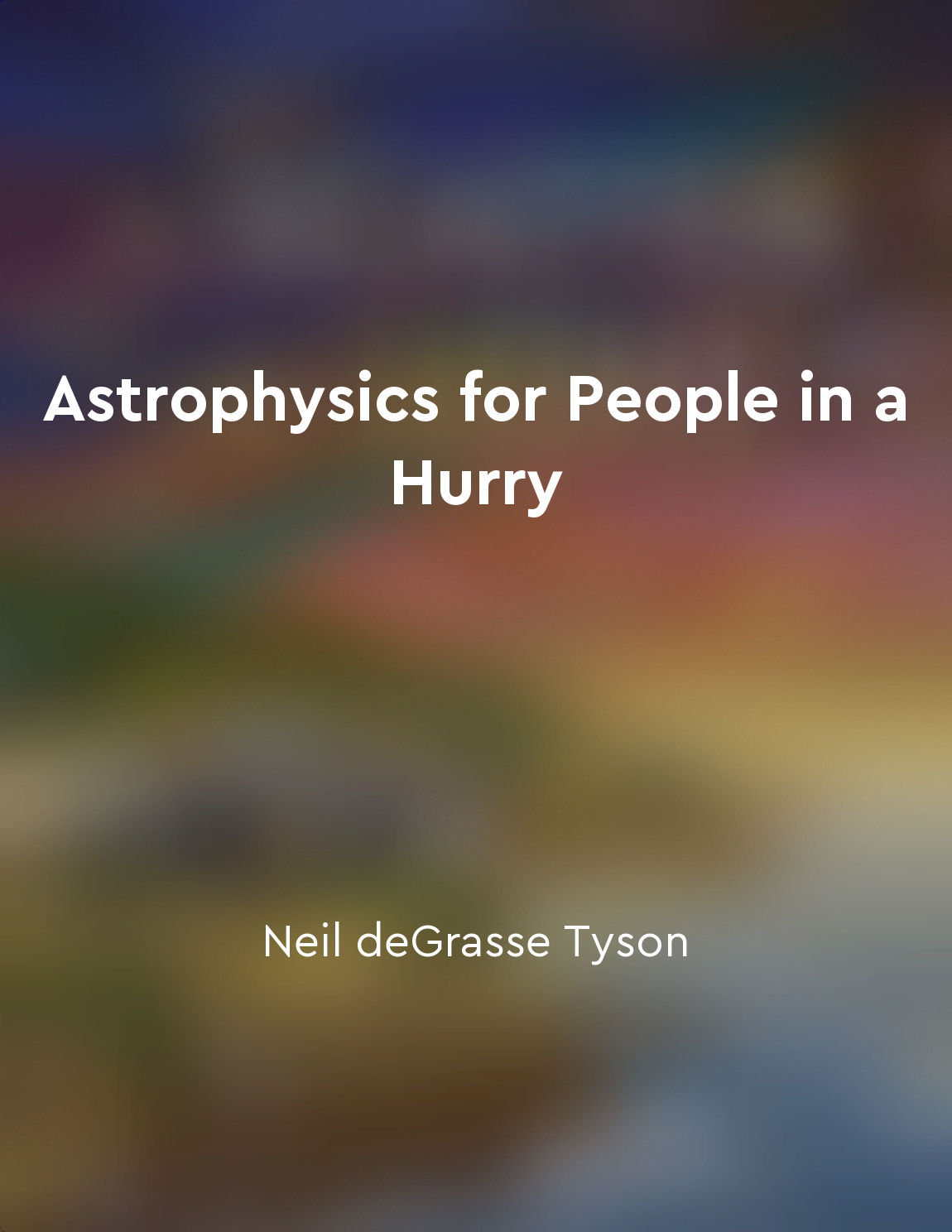The Big Bang would have produced equal amounts of matter and antimatter from "summary" of Antimatter by Frank Close
In the early stages of the universe, when it was just a hot, dense soup of particles, it is believed that matter and antimatter were created in equal amounts. This is a fundamental concept in modern cosmology, known as the baryon asymmetry problem. According to this theory, the Big Bang would have produced particles of both matter and antimatter. These particles are essentially mirror images of each other, with opposite properties such as charge and spin. When matter and antimatter come into contact, they annihilate each other, releasing a burst of energy in the process. In the primordial soup of the early universe, matter and antimatter would have been constantly colliding and annihilating each other. However, as the universe expanded and cooled, the rate of these collisions would have decreased, allowing some matter particles to survive. This asymme...Similar Posts
Universe may have existed before the Big Bang
The idea that the universe may have existed before the Big Bang challenges our conventional understanding of cosmic origins. Ac...
String theory proposes the existence of multiple dimensions beyond our familiar fourdimensional space-time
According to string theory, our universe is not confined to just the familiar dimensions of height, width, depth, and time. Ins...
Antimatter is extremely rare in the universe
Antimatter is the mirror image of ordinary matter, with the same mass but opposite charge. When matter and antimatter meet, the...

Newton's laws of motion explain the behavior of objects
Newton's laws of motion form the foundation for understanding the behavior of objects in the physical world. These laws were fo...

The search for extraterrestrial life continues
The search for extraterrestrial life is an ongoing quest that has captured the imagination of scientists and dreamers alike for...
Love
The concept of love is a complex and multifaceted phenomenon that encompasses a wide range of emotions, behaviors, and experien...

Time is relative, and the universe is constantly expanding
Time, as we experience it here on Earth, is not fixed. It is relative. This means that time can speed up or slow down depending...
Universe's history influenced by probabilities and determinism
In the realm of quantum mechanics, the behavior of particles is governed by probabilities. This means that we can predict the l...
The universe is a manifestation of probabilistic events
The world reveals itself to us in the form of a dance of quanta, particles, and fields, all interacting in an intricate and ele...
Quantum mechanics governs the behavior of matter at small scales
Quantum mechanics reveals a startling truth about the world we inhabit. When we peer closely at the fabric of reality, studying...
